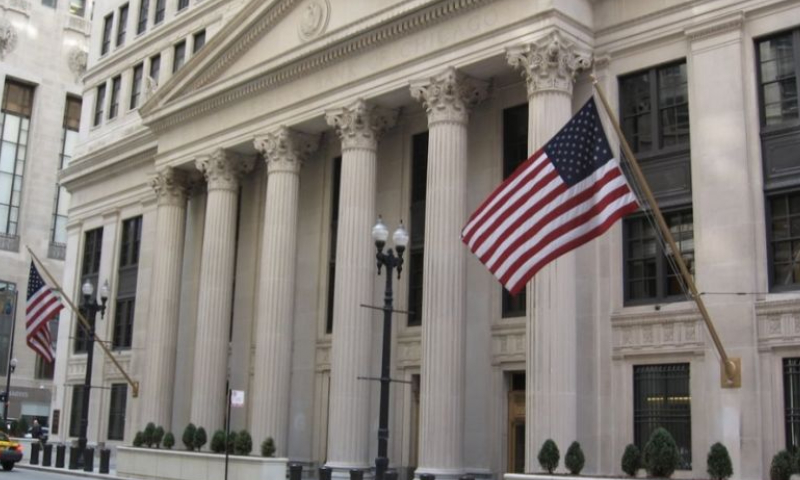The US Treasury Department extended sanctions exceptions on Syria today, Thursday, June 6th, through a list published by the Office of Foreign Assets Control (OFAC), but added some amendments related to the work of non-governmental organizations in Syria.
According to the new amendments, the Office of Foreign Assets Control allowed NGOs to engage in activities supporting some non-commercial projects in Syria, including: humanitarian projects to meet basic humanitarian needs, democracy-building, education, non-commercial developmental projects that directly benefit the Syrian people.
The non-commercial projects also included the preservation and protection of cultural heritage sites, environmental and natural resource protection, disarmament, demobilization, and reintegration programs, peace-building programs, conflict prevention, and resolution programs.
This includes transactions and activities related to early recovery projects carried out by NGOs to support transactions and activities within the above-mentioned categories.
As for the areas covered or excluded from the sanctions in Syria, the United States maintained all the sanctions exceptions announced in May 2022, which at that time excluded areas controlled by the Syrian Democratic Forces (SDF) in northeastern Syria, and some areas controlled by the Syrian National Army in rural Aleppo.
The exceptions did not include areas controlled by Hayat Tahrir al-Sham (HTS) or any of the regime-controlled areas, nor were there exceptions for the Syrian National Army-controlled areas in Afrin and its countryside, meaning these areas are still subject to American sanctions.
According to the previous exceptions republished by the US Federal Register today, Thursday, June 6th, no changes were made to them; all areas under the control of the SDF were exempted in Manbij and Ayn al-Arab in rural Aleppo, except for the areas controlled by the regime in the Khafsa and Maskana areas.
Also exempted were the areas controlled by the Syrian National Army in al-Bab in rural Aleppo, except for those controlled by the regime in Tadif, Deir Hafir, Rasem Harmel Imam, and east Kuweires; the exceptions also included the entire Azaz, excluding Tal Rifaat and Nubl.
In Raqqa province, all areas under SDF control were exempted except for the regime-controlled Mansoura and Maadan districts, and the areas of Tal Abyad under the control of the Syrian National Army (Operation Peace Spring area) were also exempted from the sanctions.
In Deir Ezzor province, all areas under SDF control were also exempted, except for the regime-controlled areas west of the Euphrates in the districts of Deir Ezzor city center, al-Tabni, al-Mouhasan, Khasham, al-Mayadin city center, al-Asharah, al-Bukamal city center, and al-Jalaa.
Similarly, in al-Hasakah province, areas under SDF control were exempted, as well as the areas under the control of the Syrian National Army in Ras al-Ain.
This decision comes just days after the eighth ministerial conference organized by the European Union in Brussels to “support the future of Syria and the region,” where participants in the Brussels Conference pledged financial aid totaling 7.5 billion euros in grants and loans to assist Syrian refugees.
From the second half of 2020 to mid-2024, the United States, through the Office of Foreign Assets Control in the Treasury Department, issued four regulations exempting certain sectors and regions in Syria from the American sanctions imposed on Syria.











